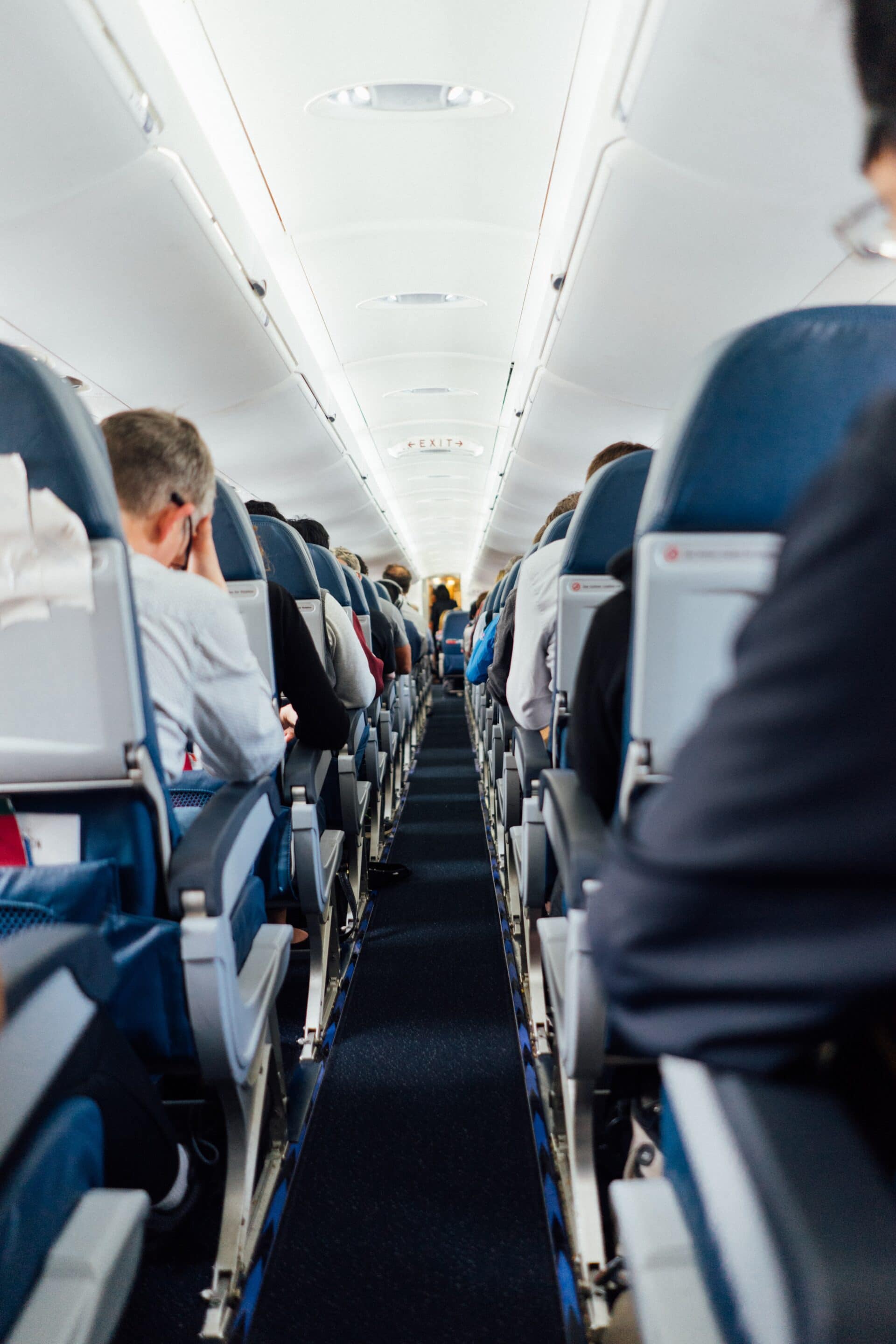Addressing the Shortcomings: The European Commission’s Proposed Passenger Mobility Package Does Not Solve True Financial Risks for Consumers

This week, the European Commission proposed new rules to revise the Package Travel Directive (PTD) and the EU passenger rights framework, a long-awaited initiative aimed at enhancing consumer protection by addressing some of the challenges faced by travellers during the COVID-19 pandemic.
eu travel tech has long advocated for a new set of rules that better served travellers, especially in times of crises. Over the last two years, despite requirements clearly set in EU law to timely refund passengers for cancelled flights, airlines put hundreds of thousands of reimbursements on hold, an issue only addressed after intense pressure from the European Commission. EU law has, so far, also overlooked the challenges faced by travel intermediaries vis-à-vis airlines and other travel services providers, including with recovering reimbursements on behalf of consumers.
Today’s package goes someway to addressing these issues including by clarifying rules around the roles and responsibilities of air carriers and intermediaries in the reimbursement of passengers and by ensuring that national enforcement bodies monitor more closely and effectively carriers’ compliance with the EU passenger rights rules.
However, the new proposals miss the mark when it comes to several important shortcomings faced by both travellers and travel intermediaries:
- The limitation of pre-payments in the revised PTD does not address the real source of financial risk: cancelled flights. Imposing a limitation of pre-payments on package organisers without imposing it on the whole travel value chain risks being an empty protection for consumers. Travel services providers, especially the airlines, require pre-payments for a booking to be completed and any ticket issued. Package organisers cannot circumvent this obligation, nor have they the financial resources to pre-pay for these services out of their own pockets. Other options should be considered to protect pre-payments including requiring industry organisations to hold consumer funds in trust until the flight trip completion. In addition, the revised concepts of packages and linked travel arrangements in the revised PTD risk adding layers of complexity, going clearly against the objective of ensuring rules are clearer and more easily applicable and enforceable.
- Multimodal passenger rights will be scarcely applicable given consumers’ lack of access to multimodal travel options. The European Commission’s intention to ensure that passengers are better protected when booking multimodal journeys is commendable. However, multimodal travel will remain a distant aspiration if the Commission does not help make this a reality by removing the current barriers that exist in Europe. Restarting the process to deliver an ambitious Multimodal Digital Mobility Services Regulation will be essential in this regard. In addition, better enforcement of existing rules will be essential to ensure that carriers share relevant data with intermediaries and allow the latter to provide timely and accurate information to consumers.
- Urgent need for a mandatory insolvency protection scheme for the airlines. At present, airline passengers lack adequate protection in the event of an airline’s insolvency. Retrieving funds from a failing airline is a long process, leaving affected consumers waiting for their money for months. Besides the financial impact, airline insolvencies also result in stressful and inconvenient disruptions to travel plans. It’s crucial for negotiators to address this issue by introducing new rules that safeguard passengers during such situations.
The proposals on PTD and passenger rights are the much-needed response to the challenges travellers experienced during the pandemic. Negotiators hold the key to a robust and fair framework that navigates the challenges in the airline sector without passing undue burdens onto intermediaries. eu travel tech looks forward to engaging with the relevant stakeholders to ensure this framework is truly fair, resilient and capable of ensuring greater choice for European travellers.



